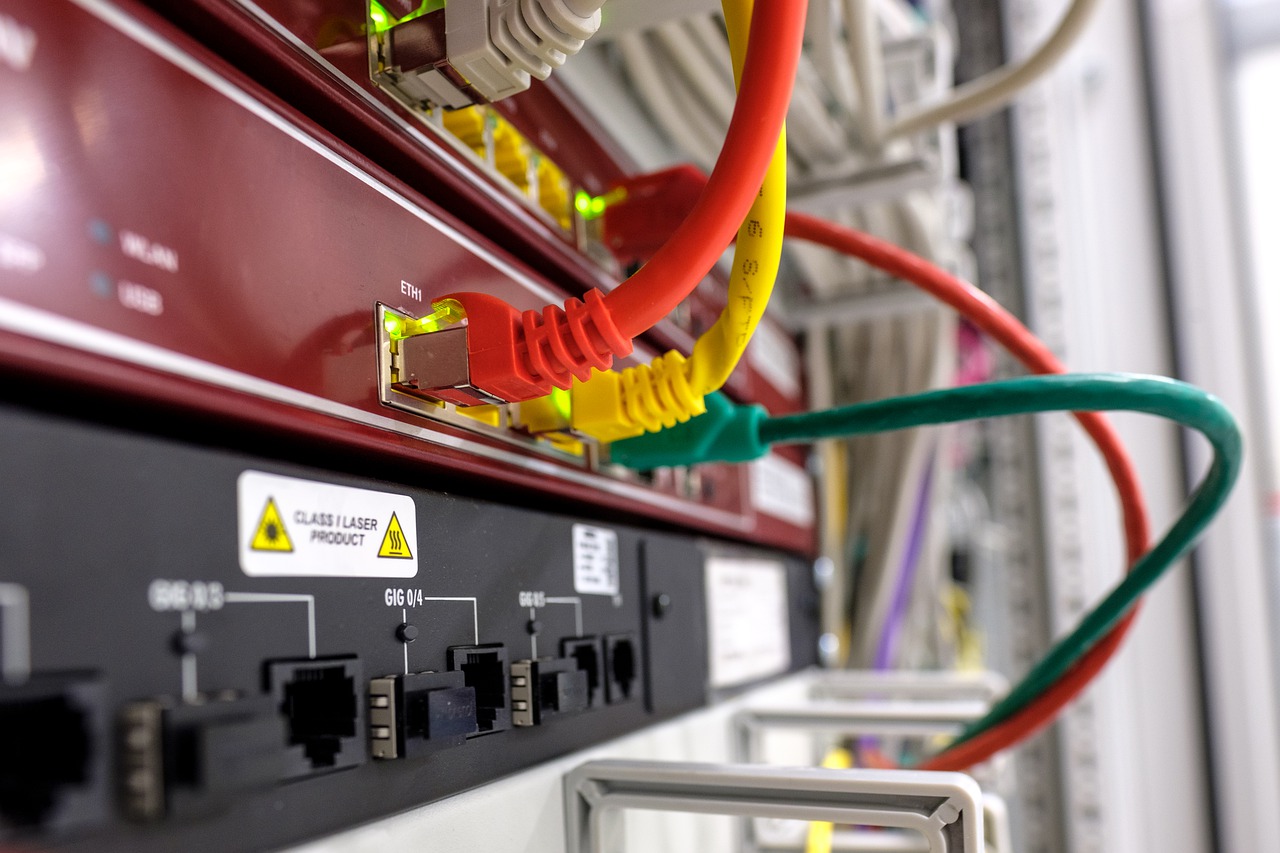Team building and organisational culture aren’t mutually exclusive. They work hand-in-hand to build a positive work environment and work culture that goes incredibly far in running a successful business and maintaining happy employees.
Team building is an essential part of building a positive organisational culture, they can’t exist without each other. While the world is still a bit upside down, and team and culture building isn’t necessarily happening in-person, it’s still that time of year when your employees deserve a break, and some time to connect with each other and the business.
Luckily, team building remotely is a thing! If you’re still on the fence about whether you’ll be investing in team and culture building this year, it can still be done and is important to do. Here’s why.
Contents
It builds trust within the company structure
On average, we spend just over 13 years at work. This is a significant amount of time dedicated to working within a team, leading people, following orders and getting tasks done. With so much time spent in this environment, trust is an essential role in building a company that runs effectively and efficiently.
For a team to work together, no matter how big or small, they need to trust each other. From high-stress projects to simple workflows, having trust will ensure these processes run smoothly. Without trust, employees are unable to give each other time and space to accomplish their tasks and make decisions without micromanaging all situations.
Once employees trust each other you will notice how much harder they work, because they feel safer in their work environment. You’ll see people being more proactive, more creative and putting their hands up to take on new projects and tasks.
Improves communication from the bottom up
As soon as employees trust each other, they open up to each other. This generally leads to better communication and a workflow that starts to streamline. Even if workflows aren’t quite where they need to be, open communication will mean that the necessary conversations around how to work better together, how to brief in tasks, and meet deadlines, will begin to take place and improve current systems.
Communication allows team leaders, managers and seniors to get on with their day, knowing that they will be updated or informed when briefs are met. Without communication from employees, senior staff will always hover over others to ensure the work is getting done.
Effective communication means that even when deadlines can’t be met, employees will feel comfortable enough to let their seniors know and a plan of action can be made.
Productivity gets a boost
A team that knows each other, believes in each other, and communicates effectively, will work together to perform at their best. That means if, on the off chance a late day or after hours effort is needed, members will step up and get the job done.
Or if some team members have less work, they are more likely to ask for more work or help another team member out if they’re drowning.
This increases the chances of projects or tasks being finished faster, increasing productivity and at the end of the day, the overall bottom line. As team performance improves, members become more enthused and more efficient over time.
Improves knowledge sharing and creativity
Team building activities help employees understand that by sharing knowledge and collaborating, their tasks are quicker and far more fun to accomplish. These skills can be transferred to the workplace and they’ll want to share their specialized skills with others as well as learn from others.
With a broader skillset and more knowledge behind them, employees are better equipped to tackle difficult tasks and problems than they were before. This leads to a higher level of confidence, and a willingness to express new ideas and new perspectives and innovation.
It improves and shapes company culture
Last but certainly not least, when teams work well together, trust each other, and are given some off time to get to know each other, you foster a positive company culture. Having a good company culture will inevitably make current employees happy to be at work, enjoy the work they were hired to do, and ultimately they will do their best for the benefit of each other and the business as a whole.
An added advantage is that if your employees are happy at work, word gets out and other businesses will want to work with you, people will want to work for you, and you’ll be in a position to build a more sustainable, future-proof business.
Why is company culture so important?
Company culture is defined as “the shared values, attributes, and characteristics of an organization.” When employees feel safe, trusted, comfortable, and valued in your business environment they not only benefit from a healthy workplace and general wellbeing, but they turn into the ultimate advocates.
As soon as you treat employees as valued assets to your company and not just a payroll number, they will work hard, but will also promote the business and its people.
How to action team building and create a positive company culture
Team building really depends on the people who work for you and the size of your business. To give you some idea to get started, below are a few remote team-building exercises to try out with your employees:
- Virtual general knowledge quizzes
- Online knowledge sharing sessions
- Virtual shout outs for team recognition
- Virtual escape room activities
- Online team lunch breaks
The people are the lifeblood of a company, and if they feel like truly valued members within the company, they are far more likely to become loyal and long-serving employees. Team building and company culture are far more than just giving employees some downtime, it is about fostering a close-knit community that will help you build a successful business and future business journey.









